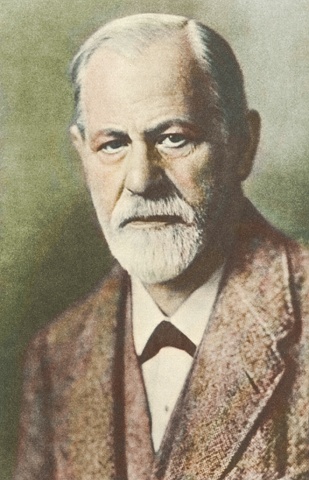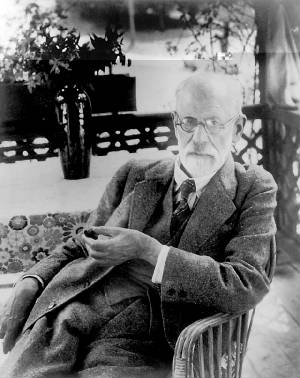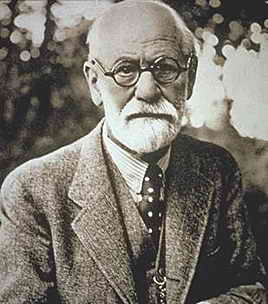|
How much has psychology changed since the days of Aristrotle? I would say not much till Freud came in the picture.He
studied the sexual side of the human.How sexuality interviened in the way we think.Freud was the psychologist that coined
the terms such as Id, ego, and super ego.He had the theory of the developmental stages.Frued also diagnosed penis envy.
There is still questions concerning Freud. Was he addicted to cocain? This would be the main one. What if he was. He
was brillant. Freud later on in life developed cancer in his jaw and he did not help the situation by keeping on smoking cigars.
No one in history will ever be the psychologist that Freud was.Born in 1856
Freud came up with three personality theories: id, ego, and the superego, each one describing
the possible means for motivation. These theories open an individual’s personality and inner thoughts, which contribute
to our behaviors. The id: as our desires and wishes, the unorganized, uninherited part of our personality.
When the child is first born it is a mass of id, an amorphous unstructured set of desires; the demand ‘I want,’
while the ego has two translations. The first ego refers to the individual’s image of himself as a self-conscious being,
his sense of himself separated from the world, the second meaning of ego, when the conscious mind in a person senses and experiences
the outside world and brings about reality to one’s self (Thurschwell 82).
an oil painting

Relaxed with cigar.

"I am actually not at all a man of science, not an observer, not an experimenter,
not a thinker. I am by temperament nothing but a conquistador--an adventurer, if you want it translated--with all the curiosity,
daring, and tenacity characteristic of a man of this sort" (Sigmund Freud, letter to Wilhelm
Fliess, Feb. 1, 1900).

Freud in later part of life.
Freud thought he understood the nature of schizophrenia. It is not a brain disorder, but a disturbance in the unconscious
caused by unresolved feelings of homosexuality. However, he maintained that psychoanalysis would not work with schizophrenics
because such patients ignore their therapist's insights and are resistant to treatment (Dolnick 1998: 40). Later psychoanalysts
would claim, with equal certainty and equal lack of scientific evidence, that schizophrenia is caused by smothering mothering.
In 1948, Frieda Fromm-Reichmann, for example, gave birth to the term "schizophrenogenic mother," the mother whose bad mothering
causes her child to become schizophrenic (ibid. 94). Other analysts before her had supported the notion with anecdotes
and intuitions, and over the next twenty years many more would follow her misguided lead.

Aristotle (384 B.C. - 322 B.C.) Father of Psychology
All human actions have one or more of these seven causes: chance, nature, compulsion, habit, reason, passion, and desire
Happiness depends upon ourselves
A true friend is one soul in two bodies.
The wise man does not expose himself needlessly to
danger, since there are few things for which he cares sufficiently; but he is willing, in great crises, to give even his life
- knowing that under certain conditions it is not worthwhile to live.
We praise a man who feels
angry on the right grounds and against the right persons and also in the right manner at the right moment and for the right
length of time.
Aristotle took the term ‘Imitation’ from Plato, yet Aristotle gave new dimensions and significance to the term.
Aristotle’s imitation is not mere copying but a creative imitation or re-creation. It is the imitation of the ideals.
Aristotle describes the medium, objects and manner of poetic imitation.
|

